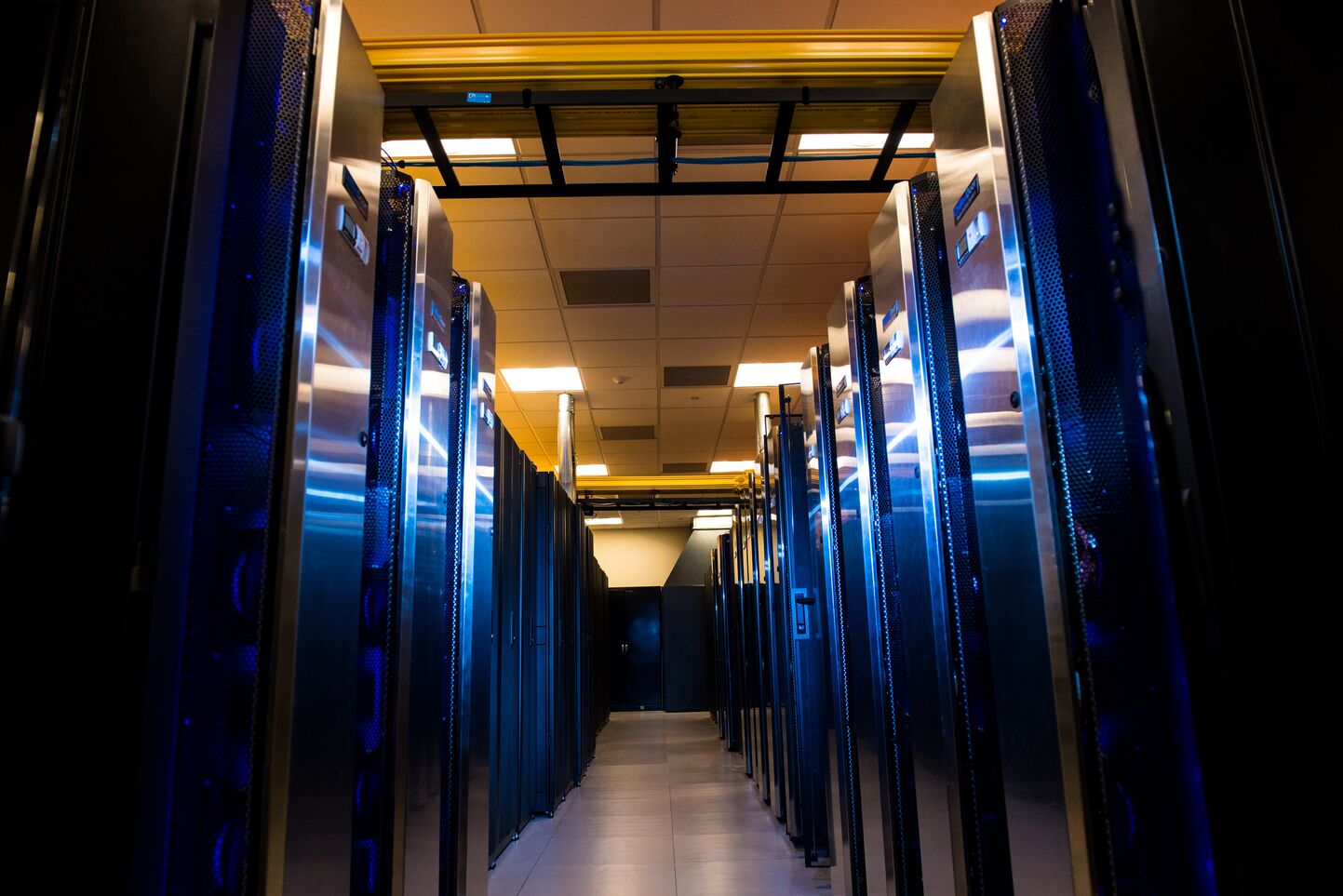About the CTCI

Mission statement
Promote fundamental computational chemistry research to address scientific grand challenges in energy and the environment.
Vision
- Foster innovative science solutions by stewarding scalable next-generation molecular modeling capabilities targeting current and forthcoming extreme scale computing architectures in leadership class computing facilities.
- Integrate computational and domain science with advanced data science approaches in a collaborative environment for research and development across academia, the national laboratories, and industry.
- Build the workforce of the future by providing training and tools for the next generation of scientists.
Computational Chemistry
Chemistry is one of the unifying themes in several programs at Pacific Northwest National Laboratory (PNNL). Computational chemistry benefits fields such as chemical physics, catalysis, synthesis, separations, heavy element chemistry, materials chemistry, interfacial chemistry, and biophysical and environmental sciences. In addition, computational molecular science is a driver for computer, data and quantum information sciences. Molecular electronic structure is an area in which PNNL has achieved critical mass and can play a leadership role at an international level by consolidating the development of scalable, electronic structure codes and by developing and fostering a collaborative user base.
The CTCI fosters the development of a long-range, integrated Lab-wide plan to enhance the stature of computational science among the scientific community and the sponsor spaces. This will be achieved by the development of an in-house computational infrastructure (both hardware and software) that can facilitate the performance of computational chemistry “experiments,” a data infrastructure that incorporates machine learning methods in chemistry and materials science, and progress in new quantum computing algorithms (including hybrid approaches) for quantum chemistry that will result in establishing new space in that field.